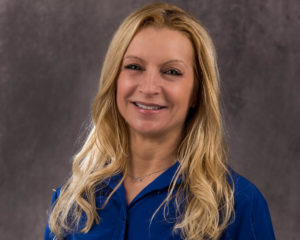Are You Having Difficulty Speaking or Swallowing?

Speech Pathology Services
ENT Surgery Group strives to deliver personalized, passionate care to meet each patient’s specific needs. Locally-owned in Camp Hill, our otolaryngologist office provides first-rate speech pathology services to help people with problems with their voice, speech, and swallowing.
Meet our speech pathologist

Kristi Witt, CCC-SLP, our Speech Pathologist, has over 15 years of experience in her field, including her work at The Mayo Clinic as the supervisor of the speech pathology department.
Kristi works directly with her patients to create a personalized treatment plan that addresses their symptoms and enhances their quality of life.
Speech & Swallowing Disorder Treatment
Our certified speech pathologist is experienced in evaluating and treating many different types of voice, speech, and swallowing disorders.
Disorders we evaluate and treat include:
- Neurologic Disorders (head trauma, stroke, parkinson’s)
- Head/Neck Cancer
- Gastrointestinal Disorders
- Comprehensive Dysphagia Treatment
- Hoarseness (nodules, vocal strain, vocal misuse)
- Vocal Cord Paralysis
- Irritable Larynx Syndrome / Refractory Chronic Cough
- Paradoxical Vocal Fold Movement (vocal cord dysfunction)
Accent Modification
We provide accent reduction services to improve the clarity and intelligibility of speech. This service focuses on individuals speaking English as their second language, especially beneficial for medical practitioners who want to avoid errors with patient instruction or phone orders. We begin each retraining session by assessing your accent and then proceed with a customized treatment plan.
